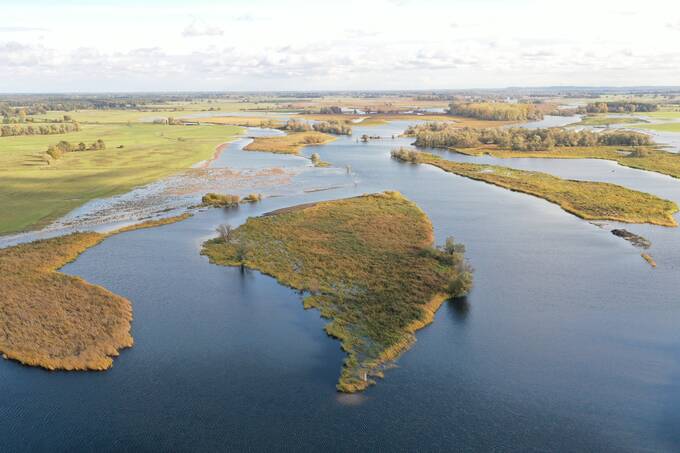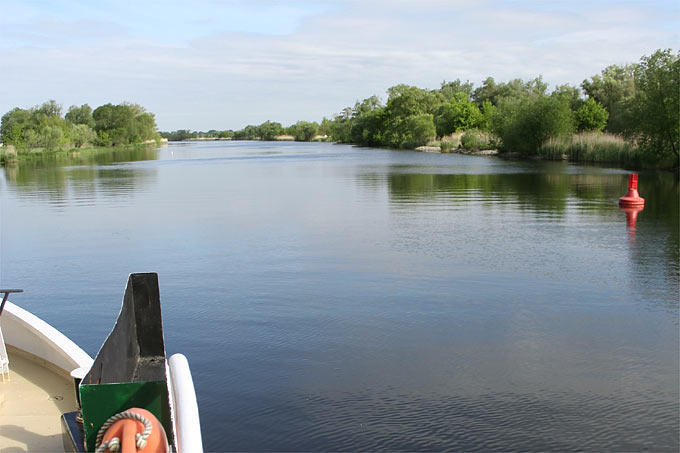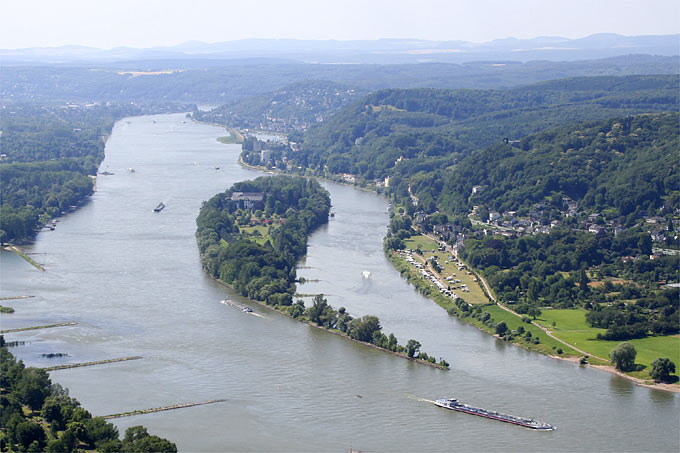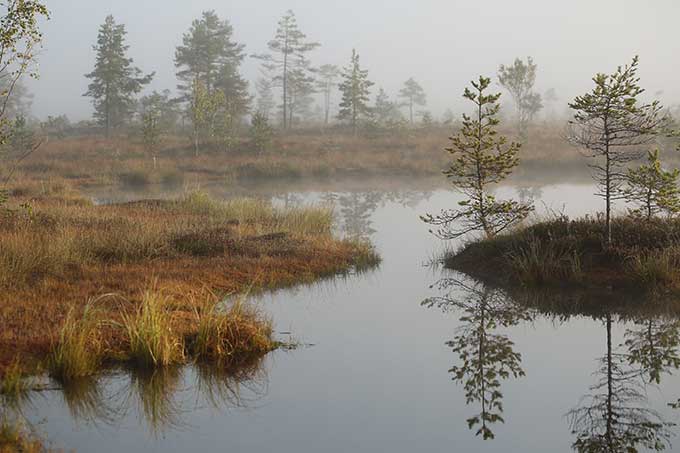The Lower Havel River
Europe's largest river restoration project
The Lower Havel River Region is the largest and most important non-coastal wetlands area in Central Europe. The area suffered serious ecological degradation, especially in the twentieth century. Now, nature is thriving again, thanks to Europe’s largest river restoration project.
The Havel has been an integral part of NABU's work since Germany’s reunification and has become a symbol for the power of grassroots volunteering. A handful of NABU volunteers began to tackle the serious ecological degradation of the river in the late 1980s, for example by planting floodplain forests. Over the years, they developed a comprehensive restoration plan and submitted it for funding. This milestone was achieved in 2005 with the start of the official, funded restoration project, which will run through 2033. A dedicated NABU project team was established to coordinate the restoration measures from their office in Rathenow.
The scale of the restoration is immense: NABU is focusing on a 90 kilometre-long stretch of the Lower Havel. The project area spans 9,135 hectares – roughly the size of over 12,790 football fields. The restoration measures include reconnecting previous tributaries, restoring tide gutters, removing rubble slopes, planting floodplain forests and much more. The Havel project was one of the first of its kind and has since served as a model for new and innovative approaches to restoring degraded rivers worldwide.
Healthy habitat and outdoor recreation magnet
After more than twelve years of active restoration efforts by NABU, the project area is unrecognisable – in a good way of course! The water is clean and clear, the flow of the river is natural again and together with the surrounding restored areas it offers diverse and thriving habitats for over 1,100 endangered animal and plant species. Year after year, our project team has seen more and more species return to the area.
The benefits of this project extend even further: The entire region has seen an increase in development. The Lower Havel remains open as a waterway for sports and smaller leisure boats and the ports of Rathenow and Havelberg are still integrated in the waterway network. Thus, this restored river has become an attractive location for both residents and tourists.
Project facts
Project title
Restoring the lower Havel river
Country/Region
Germany. The restoration area borders two federal states: Brandenburg and Saxony-Anhalt.
Period
2005 to 2033
Sponsored by / Supported by
The Havel project consists of two strands. The main project is funded by the Federal Agency for Nature Conservation under the auspices of the Federal Ministry for the Environment, Nature Conservation, Nuclear Safety and Consumer Protection (75%), together with the federal states of Brandenburg (11%) and Saxony-Anhalt (7%). The final 7% is paid out of NABU funds. The second, smaller project strand is funded by a variety of means, including donations to NABU, sponsorships, regional and European governmental funding programmes.
This project contributes to the following UN Sustainable Development Goals (“SDGs”)
SDG 6, SDG 15
More Information
The widening and regulation of rivers have, in the past, led to a series of impacts ranging from damages caused by floods, problems with water power, the loss of wetlands as well as the ongoing widening and regulation of tributaries flowing into main rivers. The public has become involved in a controversial debate on the general question of whether river regulaton is even necessary. more →
Wetlands are havens of biodiversity and extraordinary carbon stores. However, after decades of damage, their loss is more rapid than that of any other ecosystem. NABU works with scientists, governments, NGOs and communities to restore and safeguard wetlands. more →
An ecosystem is a complex of living organisms. NABU focuses on restoring ecosystems to their original state and important regulatory functions such as carbon sequestration. Ideally, by creating conditions in which the ecosystem can recover on its own. more →





